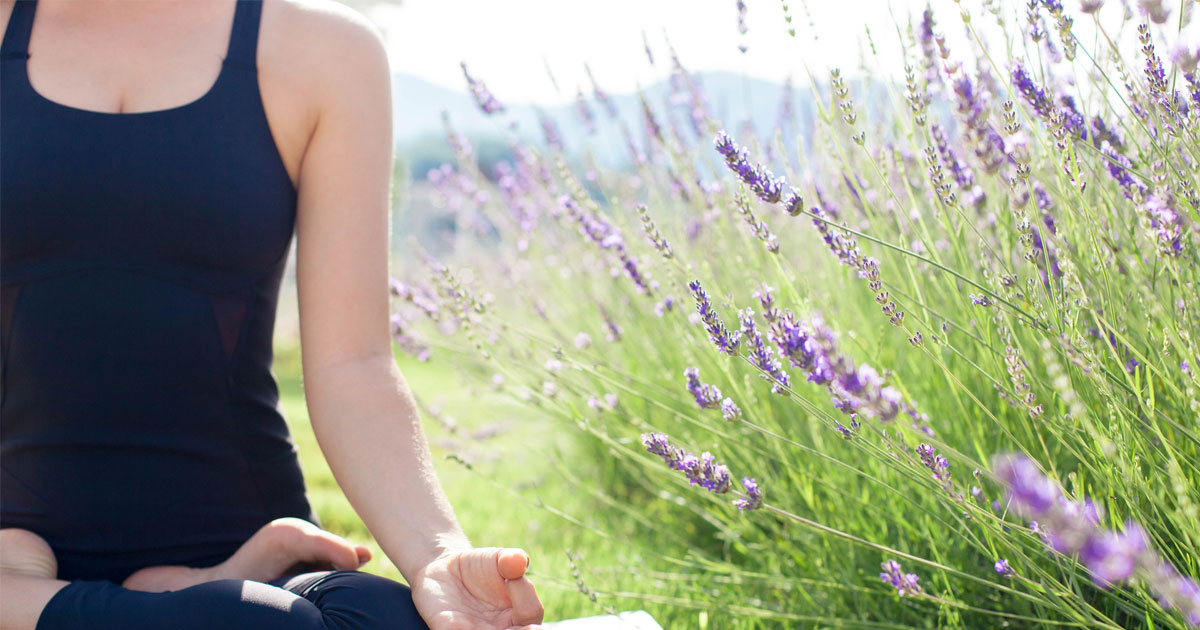In the journey toward addiction recovery, mindfulness-based interventions offer a path to sobriety that is both compassionate and empowering. When individuals incorporate mindfulness, they are equipped with the tools to navigate the complexities of their drug addiction, fostering a healing process that transcends mere abstinence.
If you’re interested in exploring mindfulness as part of your recovery journey, here are some simple ideas to get you started.
Give them a try and see how they work for you!
The Role of Mindfulness in Healing and Sobriety
Practicing mindfulness, the art of anchoring oneself in the present moment with acceptance and without judgment, has emerged as a cornerstone in the healing process of addiction recovery. It’s a practice that nurtures sobriety by teaching individuals how to respond to triggers without being overwhelmed or resorting to substance use. This conscious awareness is crucial in breaking the cycle of addiction relapse, as it empowers recovering people with a substance use disorder to take control of their substance abuse and align them with their long-term goals of health and sobriety.
Core Mindfulness Techniques for Overcoming Addiction
Overcoming addiction requires a multifaceted approach, and mindfulness offers a suite of techniques that can be tailored to fit the unique journey of each individual. Here are some core practices:
- Mindful Breathing: This fundamental practice focuses on conscious breathing exercises, which anchor the present moment. It can be a calming port in the storm of cravings and anxiety.
- Body Scan Meditation: A systematic sweep through the body with mindful awareness helps to release physical tension and acknowledge emotional states without judgment.
- Observation of Thoughts: Learning to observe negative thoughts as they arise, peak, and fall without getting entangled can reduce triggers’ power.
- Mindful Listening: Engaging in active, present-moment listening is a mindfulness technique that can improve communication and relationships often strained by addiction.
These techniques are not only tools for addiction treatment but also stepping stones to a more mindful lifestyle that supports long-term recovery.
Mindfulness Meditation Practices for Recovery
Meditation is a mindfulness exercise that can be seamlessly woven into the fabric of daily life, offering a refuge for those in recovery. It involves sitting quietly, focusing on the breath, and observing the mind’s activity without attachment. Here’s how to get started with mindfulness meditation:
- Find a Quiet Space: Choose a peaceful spot where you can sit undisturbed for a few minutes daily.
- Set a Time Limit: Begin with short sessions, perhaps five minutes, and gradually increase the duration as you become more comfortable with the practice.
- Pay Attention to the Breath: Notice the sensation of breathing in and out, using it as a focal point to return to when your mind wanders.
- Notice When Your Mind Has Wandered: Without criticism, gently bring your focus back to your breath.
- Be Kind to Your Wandering Mind: Don’t judge yourself for whatever thoughts crop up. Just practice recognizing when your mind has wandered off and gently bring it back.
Daily Mindfulness Exercises for Managing Cravings
Cravings are a natural part of recovery, but mindfulness can provide practical exercises to manage them effectively. Incorporating these daily mindfulness activities can make a significant difference:
- Recognize and Acknowledge: When a craving arises, pause and acknowledge its presence. This simple act can diminish its intensity.
- Ground Yourself: Engage your senses. Touch something with texture, notice the sounds around you, or savor a scent. This brings you back to the present.
- Mindful Eating: Turn meals into an exercise of mindfulness, eating slowly and savoring each bite, which can help deal with oral fixations often associated with addiction.
- The 3-Minute Breathing Space: This quick exercise involves spending one minute each observing your current experience, focusing on the breath and then the body as a whole, which can be a swift way to center yourself during a craving.
How to Start Practicing Mindfulness for Recovery
Embarking on the practice of mindfulness for recovery doesn’t require any special equipment or extensive training. It’s accessible to anyone, anywhere. Here’s a guide to help you begin:
- Commit to a Daily Practice: Choose a consistent time each day for mindfulness to ensure it becomes a habit.
- Start Small: Even a few minutes of mindfulness practice can be beneficial. Gradually increase the time as you become more comfortable.
- Use Guided Meditations: Many free resources are available online that can lead you through mindfulness exercises.
- Join a Mindfulness Group: Being part of a community can provide support and motivation.
- Keep a Journal: Documenting your experiences can help you observe your progress and understand your patterns.
Remember, the goal is not to empty the mind or achieve a state of perfect calm but rather to become more aware of your thoughts and feelings without getting caught up in them.
Simple Mindfulness Exercises for Beginners
For those new to mindfulness, simple exercises help ease the transition into a more mindful state. Here are some beginner-friendly practices:
- Focused Breathing: Sit comfortably and concentrate on your breath. Take deep breaths, count each inhale, exhale until you reach ten, and then start again.
- Mindful Observation: Choose an object and spend five minutes simply observing it. Notice everything about it without any judgment.
- Mindful Listening: Listen to a piece of music and try to pick out each instrument or focus on the different sounds in your environment.
- Mindful Appreciation: Write down five things you’re grateful for every day. This can shift your mindset and reduce negativity.
Integrating Mindfulness into Your Recovery Routine
Incorporating mindfulness practices into your daily routine can be a game-changer for those in recovery. Here are some strategies to weave mindfulness into the fabric of your day:
- Morning Intentions: Start your day by setting a mindful intention. It could be as simple as, “Today, I will be present in every moment.”
- Mindful Commuting: Use your commute as a time to practice mindfulness. Pay attention to the details of your journey, the sights, sounds, and sensations.
- Mindful Breaks: Throughout the day, take short breaks to practice deep breathing or observe your surroundings with intention.
- Evening Reflection: End your day with a few minutes of reflection. Consider what went well and what you could approach differently next time.
The Benefits of Mindfulness Techniques for Addiction Recovery
Mindfulness-based stress reduction techniques offer a myriad of benefits for individuals in addiction recovery. They enhance emotional regulation, making managing stress and negative emotions easier. Mindfulness also improves focus and attention, which can be compromised by substance abuse. Additionally, it strengthens the ability to resist cravings and reduces the likelihood of relapse by fostering a greater sense of self-awareness and control.
Emotional Regulation and Mindfulness
Mindfulness helps emotional regulation by teaching individuals to experience their emotions without immediate reaction. This practice helps in recognizing and accepting feelings like anxiety or anger, which often contribute to substance use. By observing these emotions without judgment, individuals learn to respond healthier, reducing impulsivity and the risk of relapse.
Mindfulness and Its Impact on Relapse Prevention
Mindfulness equips individuals to observe cravings and thoughts without acting on them, a skill critical for relapse prevention. This non-reactive stance fosters resilience, allowing for a thoughtful response to high-risk situations and cultivating strategies that support sustained recovery.
Developing Awareness of Triggers Through Mindfulness
Mindfulness sharpens the ability to identify triggers that may lead to substance use. By maintaining a moment-to-moment awareness of thoughts, feelings, and environmental factors, individuals can detect potential triggers early and employ coping strategies to prevent relapse. This proactive awareness is a critical component in maintaining long-term sobriety.
Overcoming Challenges: Mindfulness for Long-term Sobriety
Long-term sobriety is often fraught with challenges, but mindfulness training provides a sustainable approach to overcoming them. It teaches individuals to approach each difficulty with a calm and centered mind, enhancing problem-solving abilities and reducing the stress that can lead to relapse. Regular mindfulness practice fosters a resilient mindset, which is crucial for navigating the ups and downs of recovery.
Using Mindfulness to Navigate Recovery Roadblocks
Mindfulness offers a way to navigate the inevitable roadblocks in recovery with grace and resilience. By engaging in mindfulness-based relapse prevention and staying present and engaged, individuals can better understand the nature of their challenges and find pathways around them. This mindful approach encourages a reflective rather than reactive response, providing a steadier course through the rough waters of recovery.
Building Resilience with Mindfulness
Resilience is the ability to bounce back from setbacks, and achieving mindfulness helps lay a strong foundation for this quality. It helps individuals in recovery to not only cope with the stresses and strains of life without resorting to substance use but also to emerge from challenges with greater strength and wisdom. Mindfulness practice cultivates a sense of inner stability that supports enduring recovery.
Embrace Mindfulness for a Sober Life at Lilac Recovery
At Lilac Recovery, we believe in the transformative power of mindfulness-based treatment for a sober life. Our approach integrates mindfulness practices into a comprehensive recovery plan tailored to support each individual’s recovery journey toward lasting sobriety. We invite you to embrace this gentle yet powerful path to wellness and rediscover the joy of living fully in each moment, free from addiction. Contact Lilac Recovery, a luxury holistic drug rehab in San Diego, CA, to begin your path toward recovery today.

CADC II, Certified AOD Counselor
Nora Jenkins has made the quality and committed care we provide at Lilac Recovery Center possible. Nora is experienced in providing care to assist in rebuilding relationships to support healthy, long-term recovery. Her professional background includes clinical management, program administration, and counseling.






